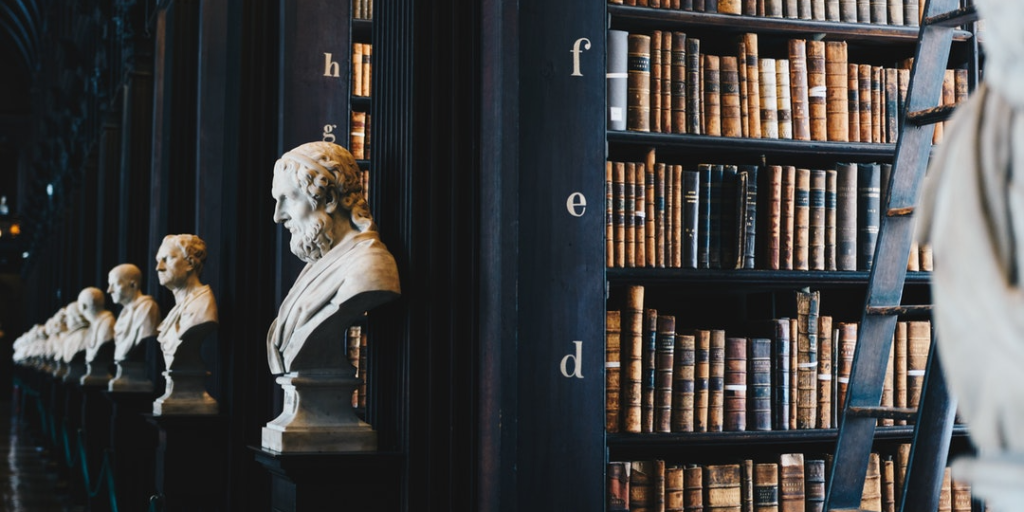The Seed of Philosophy
When I studied philosophy in school, I didn’t know that this subject was essential to open up my mind. I remember that I liked learning about the different theories, but I never paid attention to the profound message behind them. At that time, I was more interested in having fun with friends and chasing impossible love stories.
Even though my mind was wandering in other directions, philosophy was entering it through the back door, and it stayed there in a corner of my brain for most of my 20s. When I was getting closer to my 30s, my mind went back to all those existential philosophies that I learned when I was in high-school—everything started to make sense. The reason why we study philosophy is that sooner or later human beings look for the meaning of existence—Socrate said: “The unexamined life is not worth living.”
Some of the most famous philosophers are still quoted today to inspire and teach precious lessons. I feel blessed because I had a chance to study the words and theories of these life teachers. Philosophy has the power to plant a seed in your head, and sometimes a plant grows from it—that plant is the search of the meaning of life. It represents our curiosity and our sense of wonder.
In my adult life, I was drawn towards Eastern philosophies because I felt they didn’t have the preachy and dogmatic qualities of the Catholic religion that I grew up with. I was curious to know more about the different ways cultures interpret the spiritual level. The first book I read on the topic was Anatomy of the Spirit, where Caroline Myss talks about the commonalities that exist among the seven Christian sacraments, the seven Hindu chakras, and the Kabbalah's Tree of Life. When I read this book, I didn’t know anything about chakras and I was immediately fascinated by the concept.
Philosophy helped me realize the importance of questioning existence and finding a spiritual level in life. For some people, it can be religion, for others, it can be a mash-up of different theories, a cosmic perspective, or a unique philosophy. Regardless of the final choice, it’s essential to understand that we all need to face our spiritual needs sooner or later—books can help us fill up the void.
Even if you are not interested in religion, be curious, and read about the different theories—you will understand the human condition and the mental process behind the myths. If you have never studied philosophy, I recommend Sophie’s World, a novel that follows the adventures of Sophie, a teenage girl living in Norway, and Alberto, a middle-aged philosopher who introduces her to philosophical thinking and the history of philosophy.

